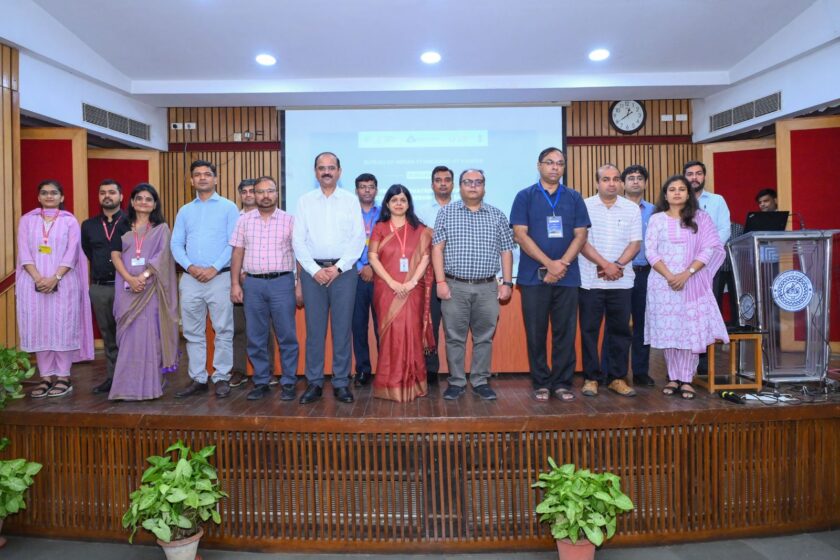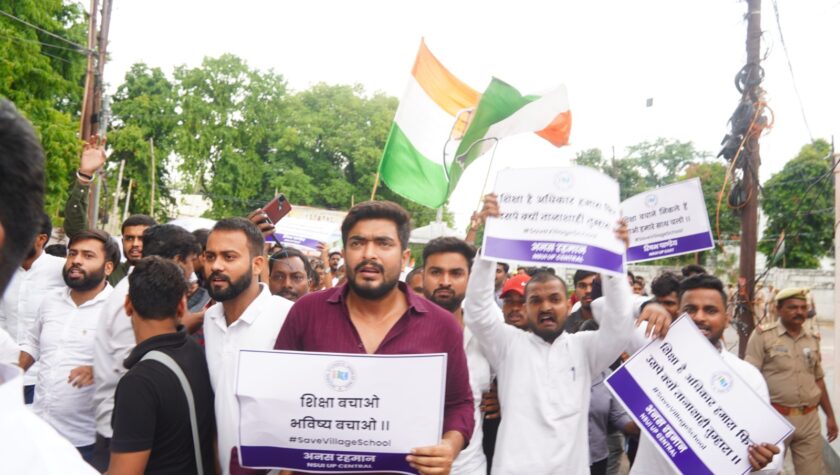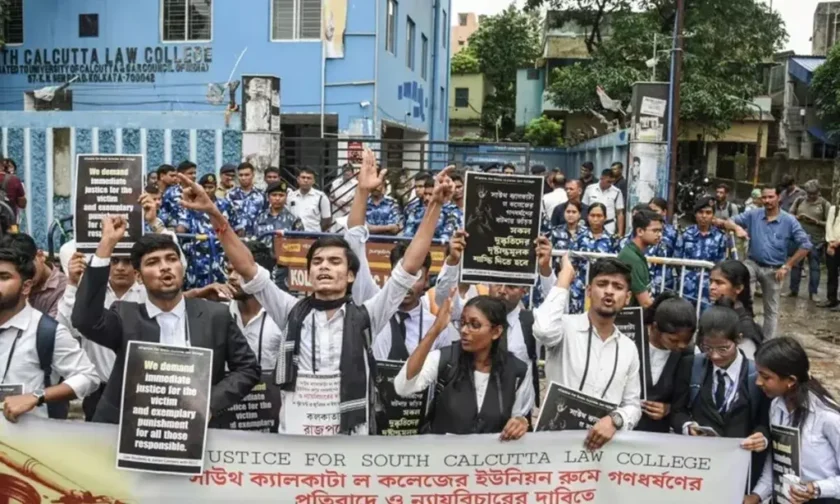New Delhi – Opposition leaders, including Mamata Banerjee of West Bengal and MK Stalin of Tamil Nadu, have strongly criticized the Union Cabinet’s approval of two bills to implement the “One Nation, One Election” policy. The bills were proposed based on recommendations by a high-level committee led by former President Ram Nath Kovind.
MK Stalin took to social media, describing the bill as “draconian” and warned that it would undermine democracy and federalism. He called on citizens to resist the legislation, claiming it would suppress regional voices, disrupt governance, and create an unworkable system. “Let’s do all in our power to thwart this assault on Indian democracy,” he wrote.
The Kovind committee’s recommendation aims to synchronize elections for local bodies with those for the state and Lok Sabha, starting with the first phase in 2024. To implement this, the committee proposed constitutional amendments to facilitate changes in the electoral cycle, potentially shortening the terms of assemblies in 17 states by reducing their tenure to less than three years.
The Congress party also expressed its opposition, with senior leader Jairam Ramesh accusing the government of using the proposal to deflect attention from ongoing concerns about the electoral integrity of India’s democratic system. Congress President Mallikarjun Kharge had previously articulated strong objections to the bill on January 17, 2024, and the party has reiterated its stance since then.

Arvind Kejriwal, national convenor of the AAP, also criticized the proposal, stating that India needs “one nation, one healthcare system, and one nation, one education,” instead of a “one election” system.
Meanwhile, West Bengal Chief Minister Mamata Banerjee, a vocal critic of the bill, pledged that Trinamool Congress MPs would fight the legislation in Parliament, calling it an unjustified and undemocratic move.





